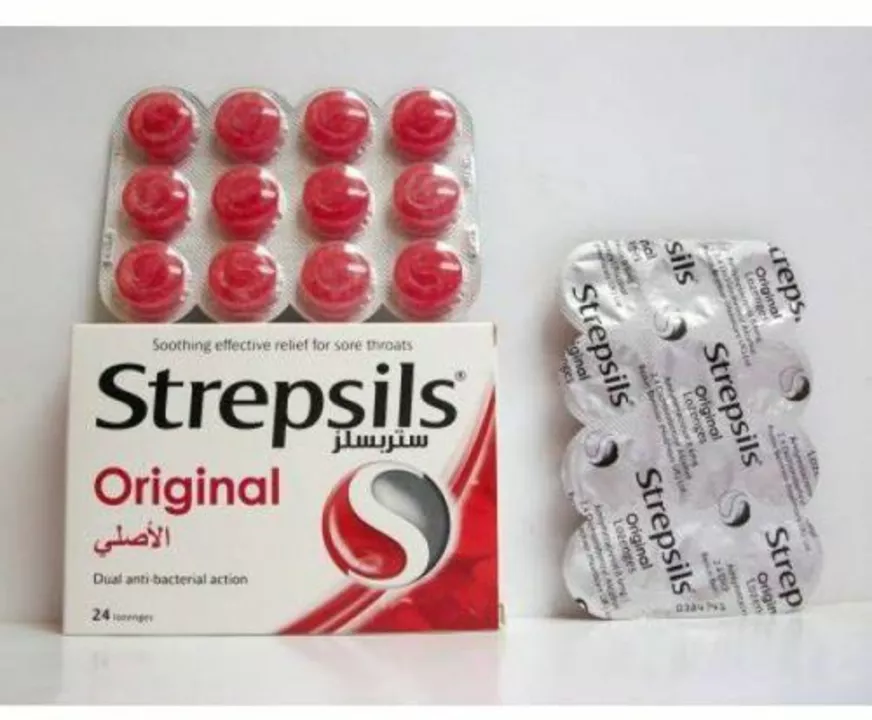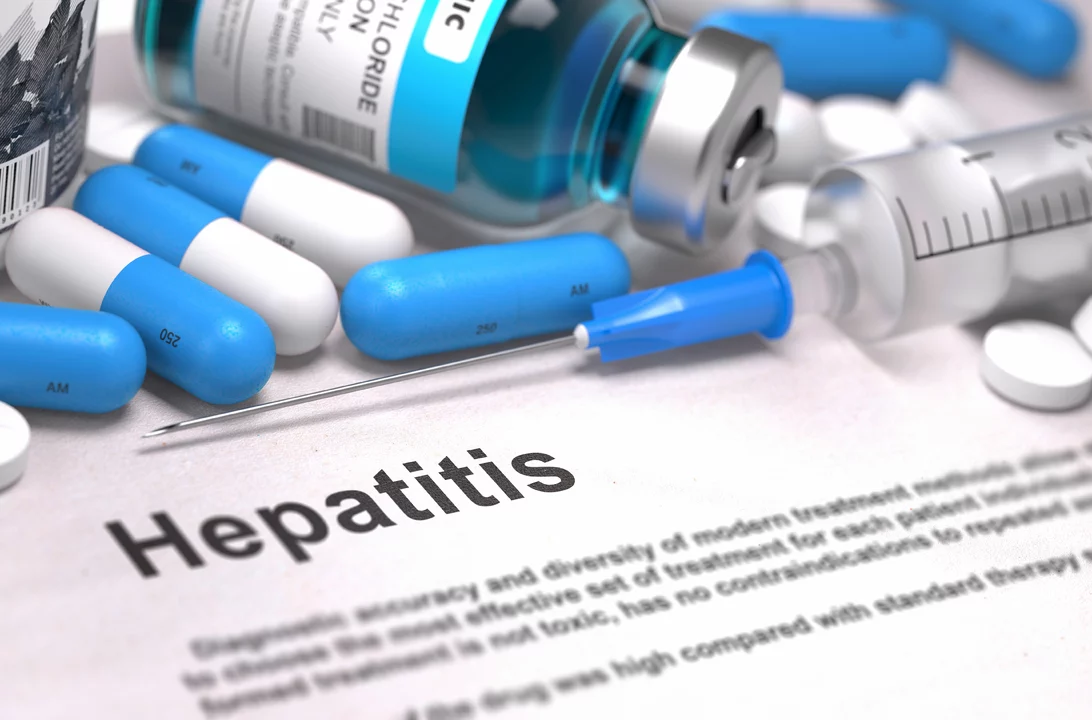April 2023 — Health posts from Canada Pharmacy 365
April brought a compact set of practical posts that tackle everyday questions: how allergies link to angioedema, whether throat lozenges actually help, why acyclovir matters for post-transplant patients, and whether aspirin is safe for people with IBS. I focused on clear actions you can take, signs to watch for, and when to check with a clinician.
The allergies and angioedema piece explains what connects the two: an immune overreaction to triggers like pollen, insect stings, or certain foods. Hives sit on the skin surface; angioedema swells the deeper layers—often around eyes, lips, or throat. Short-term relief usually comes from antihistamines; severe swelling, especially with breathing trouble, needs an epinephrine shot and emergency care. If you get repeat episodes, an allergist can test for specific triggers and suggest avoidance or longer-term meds.
On throat lozenges: yes, they work for short-term comfort. Ingredients like menthol, benzocaine, or eucalyptus numb or soothe the throat but don’t cure infections. Use lozenges alongside fluids, salt gargles, and rest. Avoid giving lozenges to young children (choking risk) and don’t expect them to replace antibiotics when a bacterial infection is present. If a sore throat lasts more than a week or comes with high fever, see a clinician.
The post about acyclovir is aimed at people after organ transplant. Immunosuppression raises the risk of herpes virus flares, and acyclovir lowers that risk. Staying on the prescribed antiviral can prevent painful outbreaks and more serious complications. Kidney function affects dosing, so the transplant team or pharmacist should adjust the dose if needed. Don’t stop the drug abruptly and report side effects like kidney pain or unusual tiredness promptly.
About aspirin and IBS: aspirin can irritate the lining of the gut and might worsen IBS symptoms for some people. If you have IBS and need pain relief, consider acetaminophen or talk with your doctor about other options. If aspirin is prescribed for heart disease prevention, weigh benefits and risks with your clinician—sometimes the cardiovascular benefit outweighs GI side effects, and protective strategies (like using the lowest effective dose or adding a stomach-protecting medicine) can help.
Key takeaways
Allergies and angioedema share triggers but differ in depth and risk—antihistamines help mild cases; epinephrine and ER care for airway issues. Lozenges are comforting, not curative. Acyclovir is a key preventive drug for transplant patients and needs proper dosing. If you have IBS, ask your doctor before using aspirin regularly.
When to contact a healthcare provider
Get urgent care for swelling that affects breathing, a sore throat with high fever or inability to swallow, sudden severe pain or signs of kidney trouble on antivirals, or new or worsening GI bleeding. For ongoing questions—dose adjustments, chronic symptoms, or prescription decisions—reach out to your transplant team, primary care doctor, or pharmacist.



